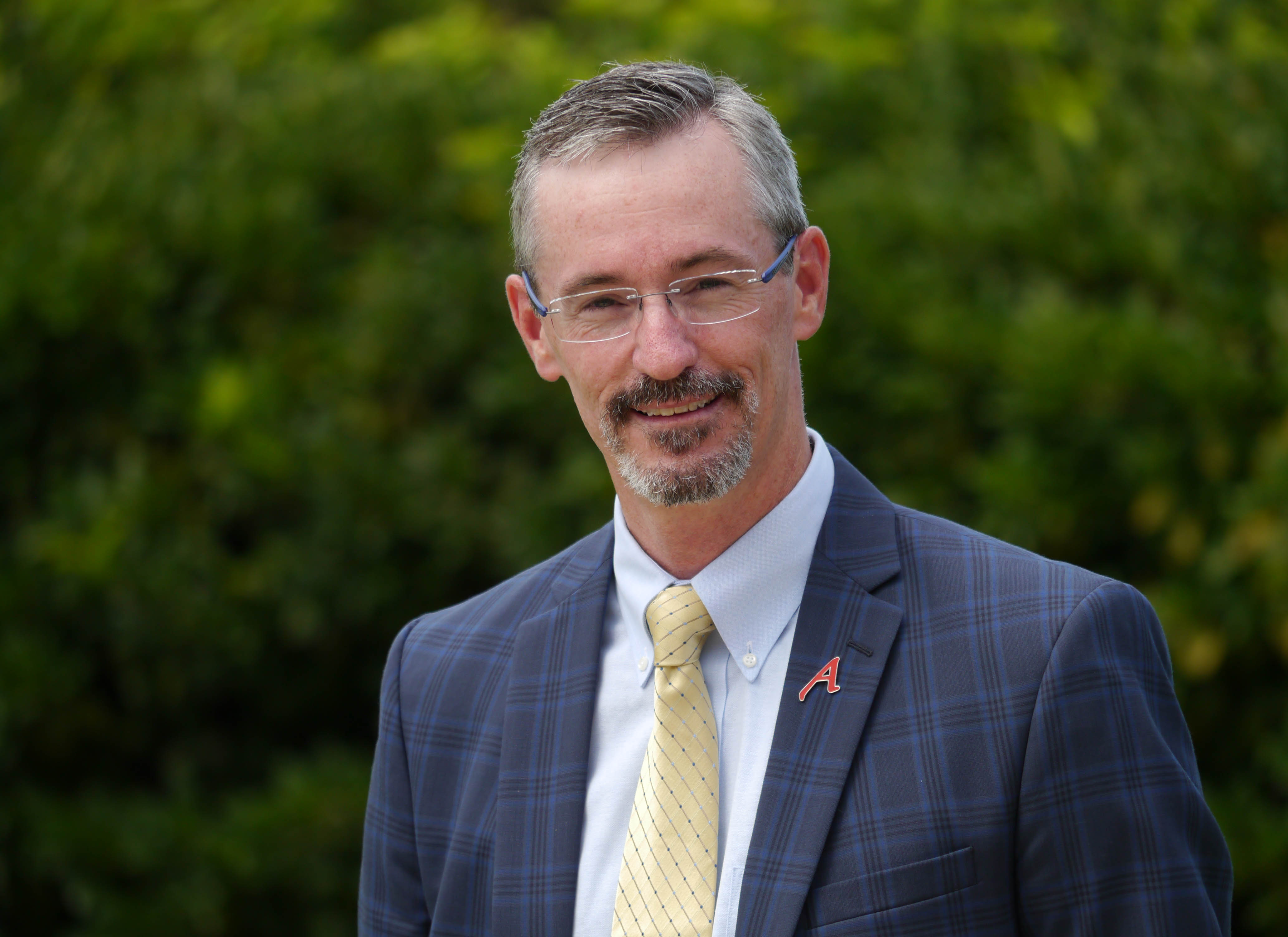Note: The Freedom From Religion Foundation and its Florida chapter, Central Florida Freethought Community, were recently invited to submit to the Florida Legislature written testimony regarding a house bill that would permit bible classes in the state’s public schools. The letter is reproduced below. Special thanks to Central Florida Freethought Community Director David Williamson for facilitating the testimony and for keeping a vigilant watch on the Sunshine State on behalf of the constitutional separation of state and church.

We are writing on behalf of the Freedom From Religion Foundation, the Central Florida Freethought Community, and more than 1,500 members in Florida, to caution you about instituting bible classes in Florida public schools. We urge you to refrain from subjecting students to classes that are likely to violate their First Amendment right and to expose school districts to serious legal and financial liability. This is a bad bill fraught with educational and constitutional peril.
We understand that House Bill 195 would require such classes. There are significant legal issues surrounding bible classes and, more often than not, these classes expose schools to liability.
In theory, a bible course may be permissible, but it must be taught in a manner that complies with applicable federal and state law. All too often, the youngest students are targeted, only one religion’s “holy book” is selected, and there are no readings outside the bible or other religious materials. Courts routinely rule that these courses are unconstitutional because, in practice, courses preach the bible as religious truth, rather than teach it objectively. FFRF successfully sued Mercer County, W. Va., over its bible classes beginning in the first grade, which had been taught for more than 75 years. One lesson promoted creationism by claiming humans and dinosaurs co-existed and asking students to “picture Adam being able to crawl up on the back of a dinosaur! He and Eve could have their own personal water slide! Wouldn’t that be so wild!” Our lawsuit stopped those classes last year.
In Rhea County, Tenn., for decades bible students from William Jennings Bryan Bible College, whose motto is “Christ Above All,” conducted weekly classes known as Bible Education Ministry, targeting the youngest students. The court, in ruling in FFRF’s favor against such religious instruction, said, “This is not a close case. Since 1948, it has been very clear that the First Amendment does not permit the State to use its public school system to ‘aid any or all religious faiths or sects in the dissemination of their doctrines.’” Doe v. Porter, 188 F.Supp.2d 904, 914 (E.D. Tenn. 2002), aff’d, 370 F.3d 558 (6th Cir. 2004) (quoting Illinois ex rel. McCollum v. Bd. of Educ., 333 U.S. 203, 211 (1948)). In a Mississippi case, the court found that “A Biblical History of the Middle East” class violated the Establishment Clause. Herdahl v. Pontotoc Cty. Sch. Dist., 933 F.Supp. 582 (N.D. Miss. 1996). The court found it significant that the bible was the only text used in the course and that the tests were given based solely on the bible text.
These classes are challenged so often because they rarely comply with the law. In 2007, Texas passed a law mandating bible classes. In 2013, Dr. Mark A. Chancey, a professor of religious studies at Southern Methodist University, conducted a study of these classes and found that many bible courses in Texas schools “are blatantly and thoroughly sectarian, presenting religious views as fact and implicitly or explicitly encourage students to adopt those views.” The study surveyed 57 public school districts with bible courses and found that course materials were of low academic quality, and that “many of [these materials] are written specifically for Christian audiences for the purpose of strengthening their faith.” This one-sided teaching is an endorsement of religion in violation of the First Amendment.
It is very difficult to teach the bible objectively and critically, as the First Amendment would require. For instance, would Christian parents want their public schools teaching that the idea that Jesus was born of a virgin is based on a simple mistranslation? The Hebrew word almah, meaning “young girl,” not virgin, was mistranslated into Greek as parthenos, “virgin,” even though there is a different Hebrew word for virgin.
This difficulty is magnified for smaller, rural schools with fewer resources and a narrower talent pool. Often, these districts end up hiring outside individuals without teaching credentials, but with a religious agenda who promptly violate the rights of students by conducting classes as they would church Sunday School lessons. Public schools exist to educate, not to indoctrinate. The difficulty of preventing teachers from imposing their personal religious agendas and of ensuring objectivity inevitably leads to litigation whose expenses can be disastrous for public schools. Religion in schools is innately divisive; its presence builds walls between children, which invariably leads to bullying and persecution, as is well documented in the court cases cited.
If parents want to teach their children about the bible, they are free to do so. But when the government gets involved and starts dictating religious truth and myth, watch out. The best course is to leave religion to the private sphere, where it belongs. As the Supreme Court wrote in 1992, “The design of the Constitution is that preservation and transmission of religious beliefs and worship is a responsibility and a choice committed to the private sphere, which itself is promised freedom to pursue that mission.” Santa Fe Indep. Sch. Dist. v. Doe, 530 U.S. 290, 310 (2000) (quoting Lee v. Weisman, 505 U.S. at 589).

